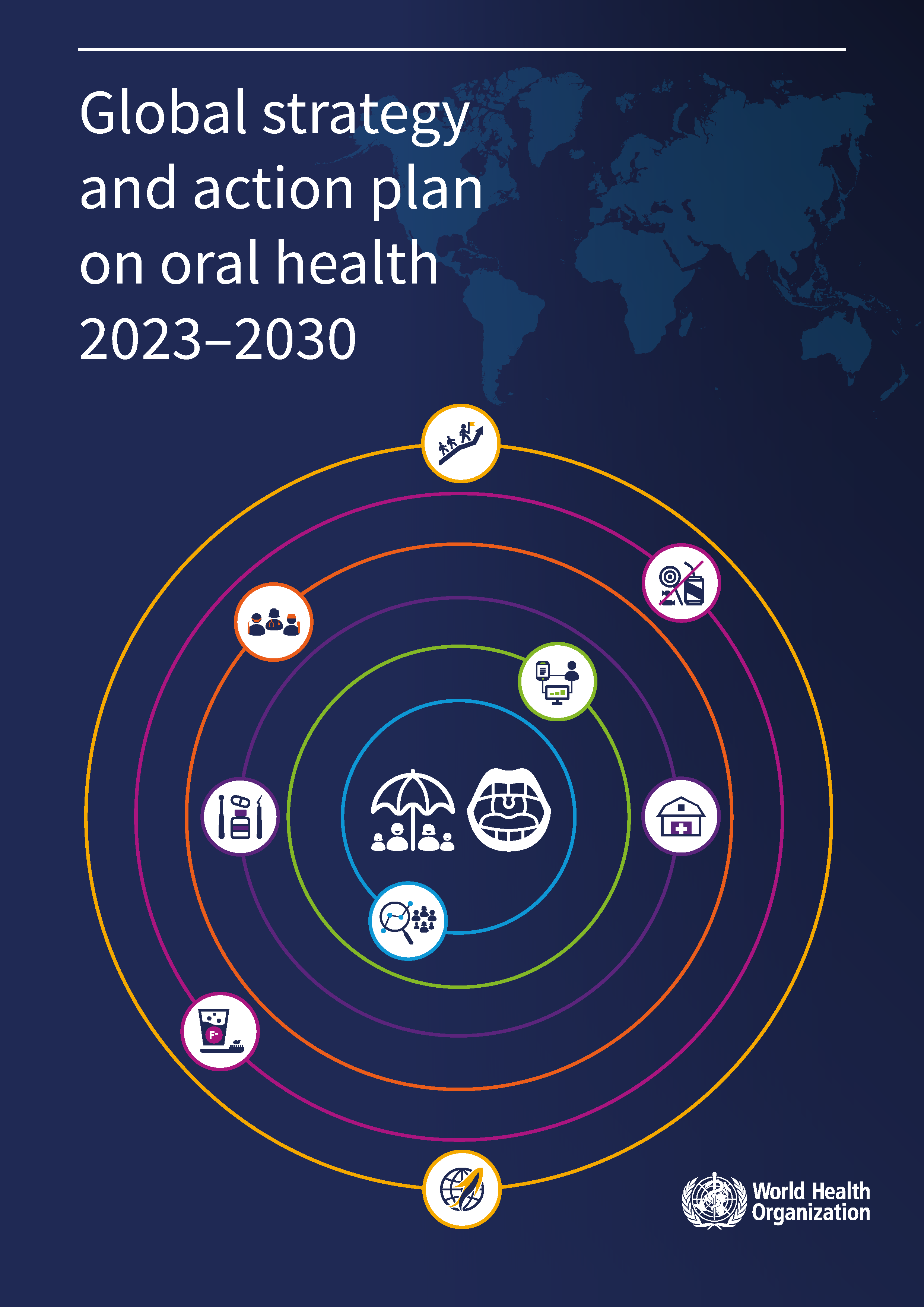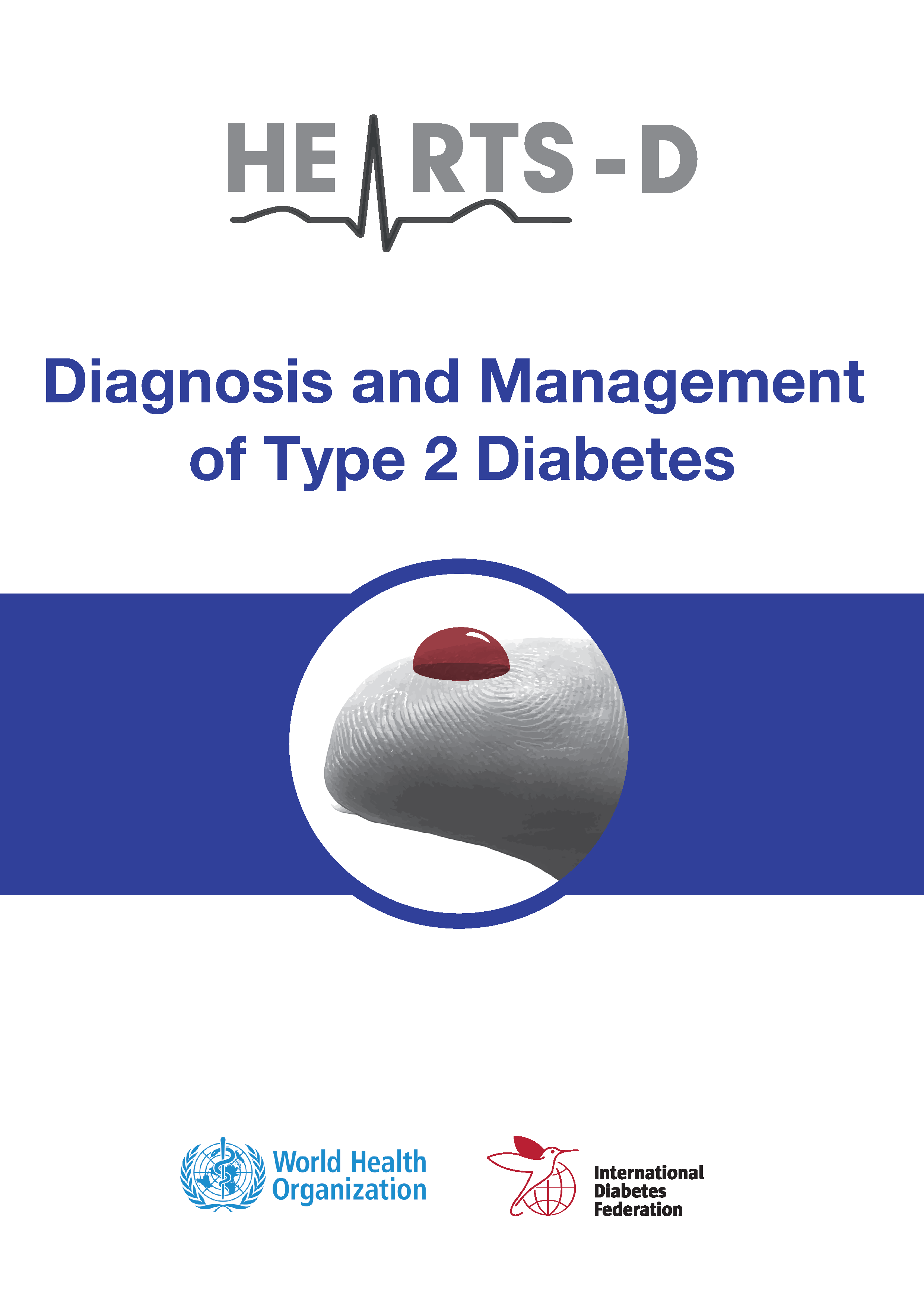Overview
Noncommunicable diseases (NCDs) such as cardiovascular disease, cancer and diabetes are the leading causes of illness and premature death in the Democratic People’s Republic of Korea (DPR Korea). The country’s health leadership has prioritized extending healthy life expectancy by focusing on prevention, early detection and integrated management of these chronic conditions.
The foundation for this work was laid with the National Strategic Plan for the Prevention and Control of NCDs 2014–2020 and further strengthened with national guidelines in alignment with the WHO PEN package. To support this commitment in May 2025, the World Health Organization (WHO), through its Regional Office for South-East Asia (SEARO) and the Country Office in the DPR Korea, facilitated for the Ministry of Public Health, DPR Korea a three-day virtual orientation on key noncommunicable disease (NCD) priorities—oral health, cardiovascular diseases (HEARTS/ SEAHEARTS) and cancer control. The event reaffirmed DPRK’s national commitment to the “National Strategic Plan for NCDs 2014–2020” and reinforced alignment with WHO’s regional and global NCD frameworks.
Session Highlights

Day 1: Oral Health
Facilitated by Dr. Nalika Gunawardena, WHO Regional Adviser for NCDs, the session focused on the following aspects.
- An overview of the Action Plan for Oral Health in South-East Asia 2022–2030;
- An overview of global and regional status, commitments and targets; and
- An overview of the
- Model Essential Oral Health Package of South-East Asia Region
- SEARO online courses on oral health
The session was attended by 12 participants including Director of Dept of Science and Education, MoPH, official of National Center for Disease Prevention and Control, MoPH, doctors from dental hospitals, officials of Korea Public Health Cooperation Agency, MoPH and etc.
Key Recommendations for DPRK:
- Review the existing policy/strategic/action plans on oral health in DPRK for its alignment with the Action plan for oral health in South-East Asia 2022–2030 to identify the need for inclusion of important strategic areas for action.
- Review the status of DPRK in reaching the 11 Global Targets for oral health and prioritize areas of action, based on relevance and feasibility.
- Review the Model Essential Oral Health Package of South-East Asia Region and compare with the existing service package in DPRK and evaluate the need to expand the existing package to promote access to oral health services by expanding services for common oral diseases and conditions.
- Use the material of the relevant SEARO online courses on oral health, translate them to local languages and use in relevant training of health workforce.

Day 2: HEARTS technical package and SEAHEARTS initiative – Tackling Cardiovascular Disease
Led by Dr. Pradeep Joshi and Dr. Aereosonova, the session reviewed protocol-based management of hypertension and CVD. The HEARTS components (Healthy lifestyle counselling, Evidence-based treatment protocols, Access to essential medicines and technology, Risk-based CVD management, Team-based care, Systems for monitoring and HEARTS-D for diagnosis and management of Type 2 Diabetes) were contextualized for DPR Korea. The session was attended by 12 participants including Director, Dept of Science and Education, MoPH, official of National Center for Disease Prevention and Control, MoPH, doctors from Endocrine and Metabolic Dept, Pyongyang General Hospital, officials of Korea Public Health Cooperation Agency, MoPH and etc.
Core Components:
- Healthy lifestyle promotion
- Evidence-based treatment protocols
- Risk-based patient management
- Strengthened team-based care
Way forward:
- Establish SEAHEARTS commitment to collective contribute to regional hypertension and diabetes treatment coverage (100 million people with hypertension or diabetes in the Region on protocol-based management by 2025) considering the progress reported in Dec 2024.
- Prepare a road map to scale up hypertension, diabetes treatment and control coverage in the country (considering the global targets).
- Update the protocols for hypertension and diabetes based on the guidance provided in HEARTS technical package.
- Update the HMIS and health facility indicators to include key indicators for management of hypertension and diabetes (primarily control rates) according to guidance provided in WHO NCD facility-based monitoring.

Day 3: Cancer Early Diagnosis and Control
Dr. Bishnu Giri outlined the SEAR Strategy for comprehensive cancer prevention and management 2024–2030, emphasizing the global and regional targets for cervical, breast and childhood cancer programmes. The session was followed by overview of global initiatives on breast and cervical cancers and brief discussion on gastric, liver and lung cancers.
The session was attended by 12 participants including Director, Dept of Science and Education, MoPH, official of National Center for Disease Prevention and Control, MoPH, doctors from Oncology Dept, Pyongyang General Hospital, Oncology Institute, Academy of Medical Science, MoPH, officials of Korea Public Health Cooperation Agency, MoPH and etc.
Challenges Identified
- Need for building technical capacity for training of household doctors in recognizing early symptoms and signs of cancer.
- Need for strengthening cancer information system to have a reliable data on burden, trends, access to care and outcome.
- Need for alignment of national guidelines with available global and regional guidance.
Key priority areas for intervention:
- Strengthening cancer information system including establishment of population-based cancer registry.
- Strengthening the capacity for early diagnosis.
- Increasing access to evidence-based treatment and palliative care.
Capturing Feedback Through a Post Training Assessment
Following the training, an online post-assessment was conducted to gauge participants' understanding, gather feedback on the training experience and identify areas where additional support may be required.
The results gave encouraging feedback. The training is felt better equipped to understand and scale up HEARTS along and strengthen NCD control with national NCD program. The training materials were clear and practical. The sessions provided clarity on priority areas and gave us a strong foundation to scale NCD services at the primary care level. The results appreciated the opportunity to connect with peers and discuss shared challenges.
What’s next
To build on the momentum from this orientation, WHO and MoPH have identified the following actions:
- Conduct national and subnational cascade trainings for household doctors on oral health, HEARTS technical package and cancer management.
- Review and align national oral health strategy with the SEARO Action Plan.
- Explore feasibility of establishing a national cancer registry.
- Operationalize cancer diagnostic and treatment pathways.
- Plan technical exposure visits to learn from NCD implementation in other countries.
Looking ahead
This orientation reaffirmed DPR Korea’s strong political commitment to achieving universal access to NCD care. With continued collaboration between WHO, MoPH and regional partners, DPR Korea is well-positioned to accelerate progress toward achieving national and regional NCD targets, improving quality of life for its population.
